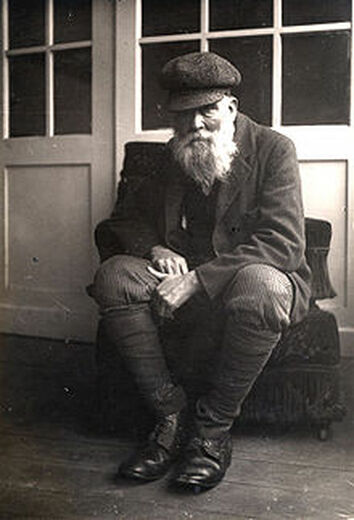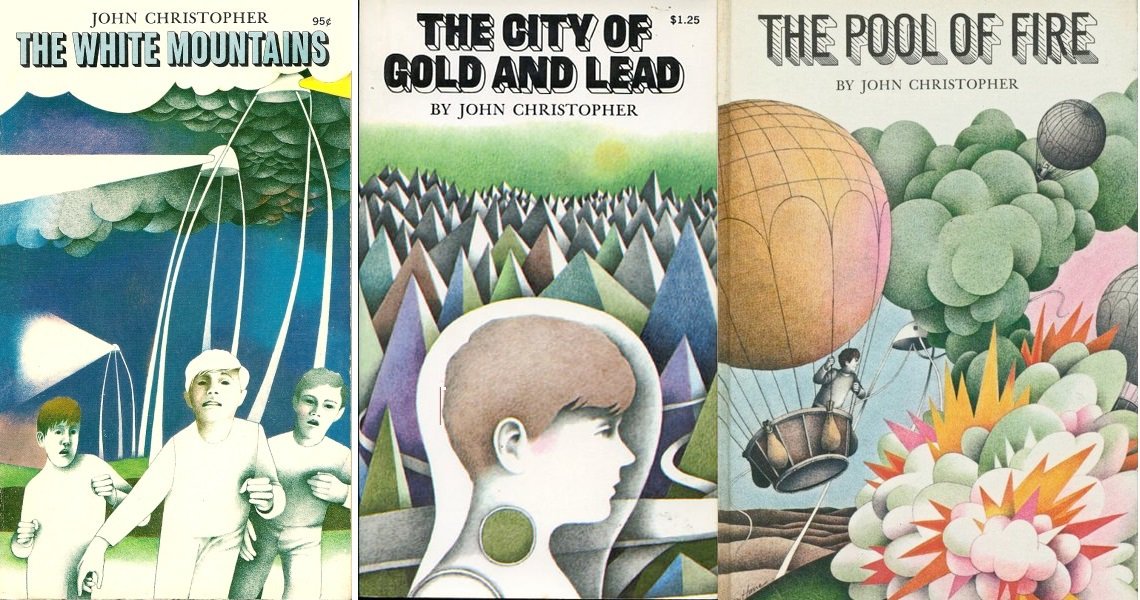One painter who, in my mind, succeeded in bringing a sublime quality of light to his paintings was the Hungarian painter László Mednyansky - (1852 - 1919).
Sadly, I do not know much more about Laszló Medyansky at the moment, but I hope to learn more about him and his art this summer when I will hopefully have more free time to indulge in such pursuits. In the meantime, I invite you to view some of his works. The paintings I have included in the selection below exemplify Mednyansky's masterful ability to bring light onto a canvas. The sublimity with which he depicts light raises it to the level of the subject matter itself; in some cases, the light overpowers the landscapes and dominates the canvas to the point of transcendence. Truly splendorous stuff, in my humble opinion.








 RSS Feed
RSS Feed

